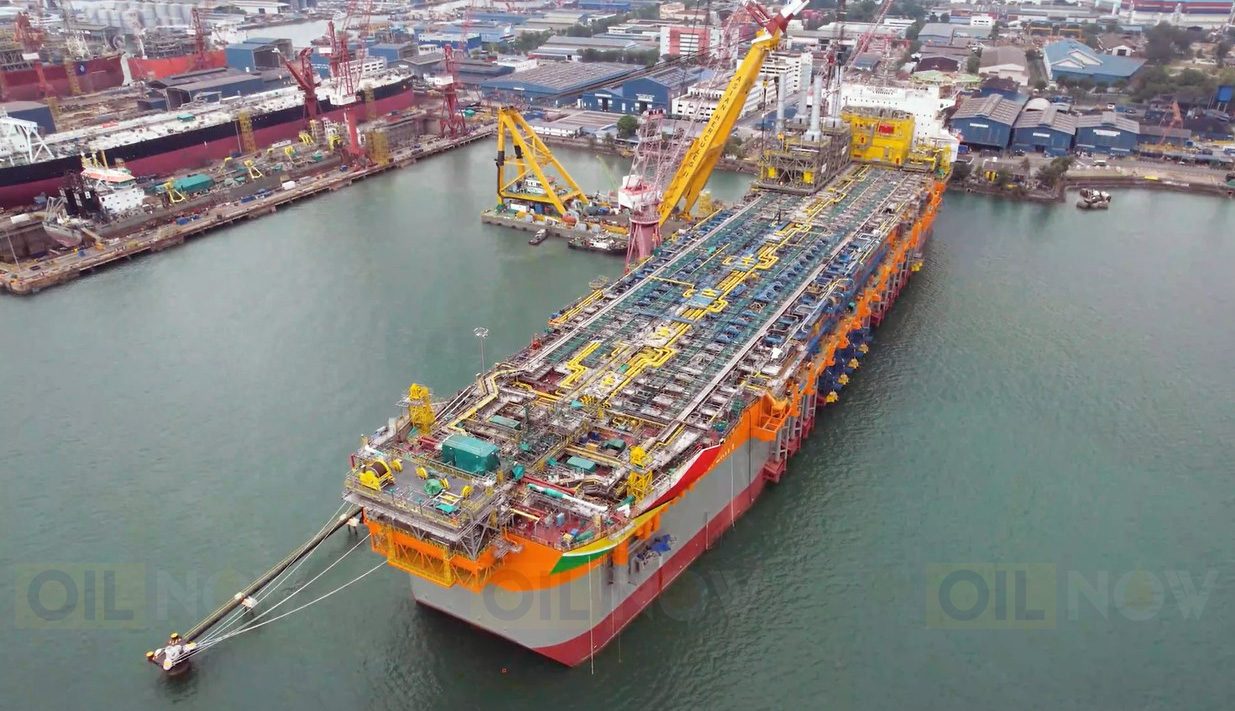Competition between frontier and early-stage producers has become more intense as exploration companies focus on fewer basins in response to budget discipline. Explorers are also keen on delivering rapid results to bring hydrocarbons to market as the energy transition unfolds.
According to S&P Global, Guyana is one of the front runners in this race, having emerged as an early-stage producer with attractive oil sector entry terms.
In its latest report, the firm noted that the surge of interest in new sources of supply resulting from the Russian invasion of Ukraine is skewed towards resources that can be developed relatively quickly in the form of short-cycle and advantaged barrels.
Guyana’s crown jewel – the Stabroek Block – is characterised by exceptional reservoir quality and low development costs. It also delivers low-carbon intensity barrels to a global economy still dependent on fossil fuel to meet its energy needs. ExxonMobil and its partners, Hess and CNOOC, have already racked up a resource count of 11 billion barrels of recoverable resources with two projects in operation and two on the way. All in the short span of seven years.
“The materiality of the discoveries and the accelerated development of its resources positions Guyana as the front-runner among frontier jurisdictions to benefit from the current investment environment,” S&P Global highlighted.
Only a limited number of frontier and early-stage producers have recognised that the industry is changing and are taking steps to maximise their ability to exploit their hydrocarbon resources.
And Guyana’s first licensing round represents a clear move to build on this momentum for growth, S&P said.
Only a fraction of Guyana’s offshore basin has been explored and the bid round, according to the President, offers up 25 billion potential barrels to entrants. The round will be open until April 14, 2023.
Of the 14 blocks to be put up for auction, 11 will be situated in the shallow water, and three in the ultra-deepwater acreage called Area C. Shallow water blocks will be awarded for a period of five years, and deepwater blocks for 10 years.



